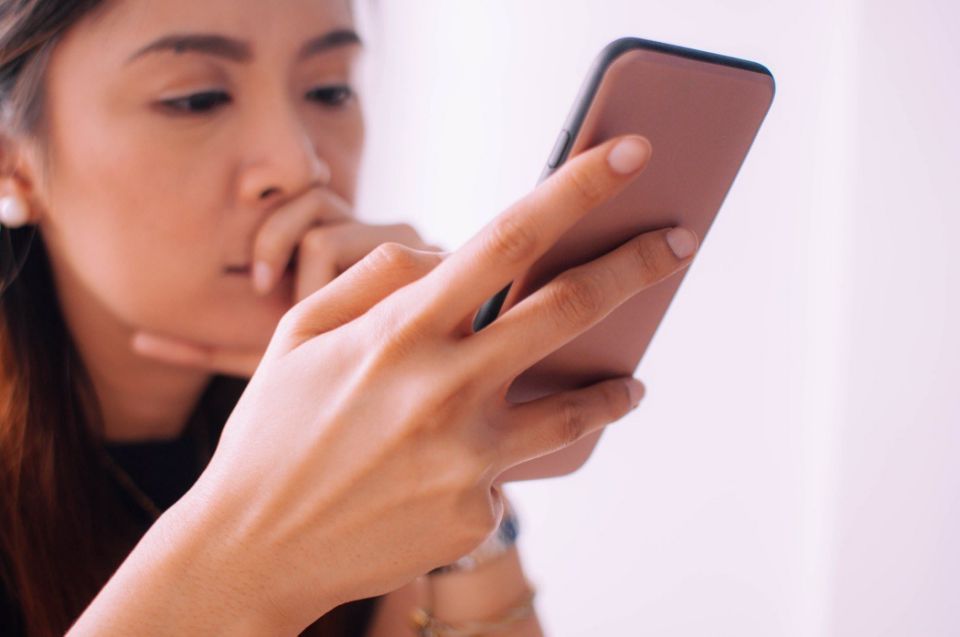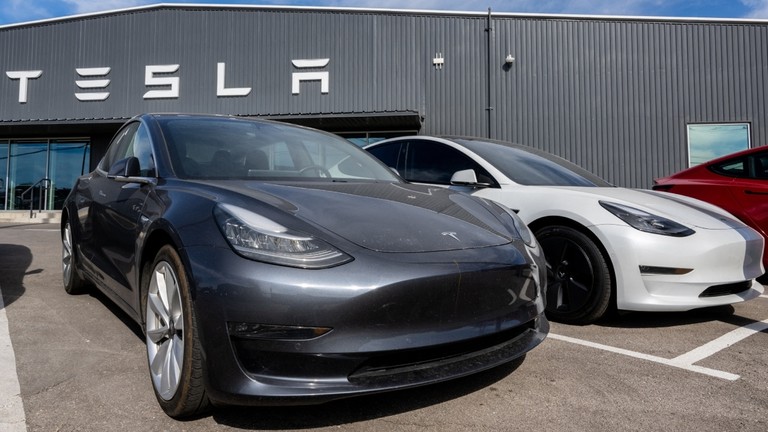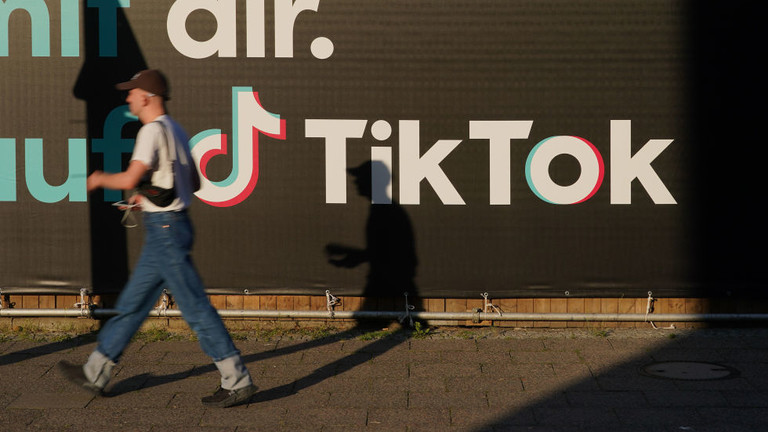If You Have This on Your Phone, Delete It Now, Experts Warn
People usually take safety very seriously—that is, until it comes to a device where they store almost everything: their phone. Our phones have become an easy place to hold all the things we want to carry with us throughout the day. And while jotting down your grocery list isn’t necessarily a hacker’s dream come true, there are some things you may be keeping on your phone that could easily fall into the wrong hands. According to experts, the worst thing you’re keeping on your phone is photos of items that contain your personal information. Read on to hear from experts on why this is so dangerous, and for more storage spaces you should be careful with, discover The No. 1 Worst Thing to Keep in Your Wallet.
“People believe their data and privacy are only at risk in the event they lose their phone or it gets stolen. However, hackers can easily gain access and view the contents of your phone remotely,” says Antti Alatalo, a tech expert and founder of Smart Watches 4 U.
Kristen Bolig, a security expert and founder of SecurityNerd, says that people see their phones as a “convenient” place to store photos of IDs, passports, and other private documents in case they need a backup plan if they forget or lose these items when needed. But as Alatalo points out, hackers don’t need to physically touch your phone to get access to this private information.
“Storing these items on your phone opens you up to a laundry list of security concerns,” Bolig warns. “Unlike with computers, many people fail to take basic safety precautions on their phones. Smartphone users rarely install antivirus software. This leaves items stored on their phone vulnerable to dangerous cyber attacks. That’s not to mention the threat of having a phone stolen and giving criminals a virtual buffet of personal data.”
According to Bolig, hackers commonly attempt to steal photos from people’s phones through iCloud, which many “iPhone users automatically upload all their photos to without giving it a second thought.” Bolig says that while this a great tool to back up photos, it has serious risks. In fact, one infamous 2017 hack managed to infiltrate 250 million people’s iCloud accounts.
David Lynch, a tech expert and content lead for UpPhone, also warns iPhone users that their photos are accessible to any iPhone app they give permission to. When first downloading an app, it asks for these permissions and many people hit the “Allow” button without thinking about it. However, users can easily change this in their privacy settings and Lynch encourages them to, especially if they’re keeping personal information within their photos.
“Ask yourself: ‘Do I really want certain apps having access to all of my photos?’ Most of the time, the answer will be no,” Lynch says. “And it’s important to keep in mind that giving an app access to things like your photos also gives the app access to the metadata of the photos—such as depth and location information.”
The best way to prevent yourself from getting your personal information stolen is to not keep it on your phone. But if you’re someone who is going to no matter what, there are ways you can make this practice safer. Gabe Turner, a digital security expert and chief editor of Security.org, says if you’re keeping sensitive photos on your phone, you should use an encrypted storage app. And no matter what, he recommends “creating a long passcode to your phone and turning on two or multi-factor authentication” for various apps.
But hackers aren’t only getting your personal information by infiltrating your photos in the iCloud. For other ways your phone could become compromised, keep reading, and for more you should know about your device, check out these 4 Cell Phone Emergency Tricks You Probably Didn’t Know.
1
Unsecured apps
Woman looking at her phone on social media
Neil Roach, an IT expert with 20 years of experience and founder of Boxroom Office, says many smartphone users will go out of their way to download unsecured apps, which are apps “downloaded from a website and not from the Google Play or Apple App stores.” And while the apps themselves may not be malicious, they often come with “security vulnerabilities that don’t become apparent until you find yourself the victim of identity theft.” And for more security mishaps, Ring Doorbells Are Being Recalled for This Frightening Reason.
2
Siri
young white guy using speakerphone
Siri can pose a security risk for many reasons, but one of them is because you’re probably not turning off a risky feature. A Wired article from 2018 warned consumers about turning off Siri’s access when locked. Unfortunately, if you can access Siri when your phone is locked, so can other people. And for more useful content delivered straight to your inbox, sign up for our daily newsletter.
3
Public wi-fi
Turner says someone can easily hack your phone if you’re connected to public wi-fi. “If you’re connected directly and not to a Virtual Private Network (VPN), then people can see your web activity and private IP address, which makes you more susceptible to hacking. And they can access your photos,” he says. And for more places you shouldn’t store certain things, make sure you know The No. 1 Thing You Should Never Keep in Your Car.
4
Unrecognizable text messages
Senior whit woman looking at phone confused
Alatalo warns smartphone users not to open any text messages they don’t recognize, especially if they are storing private information on their phone. After all, these texts could actually be “malicious malware that automatically downloads when you click on the message.” And for more security tips, check out these Essential Home Security Tips You Need to Know.


 NEWS5 months ago
NEWS5 months ago
 NEWS5 months ago
NEWS5 months ago
 NEWS5 months ago
NEWS5 months ago
 WAR5 months ago
WAR5 months ago
 FINANCE5 months ago
FINANCE5 months ago
 INVESTMENTS5 months ago
INVESTMENTS5 months ago
 FINANCE5 months ago
FINANCE5 months ago
































